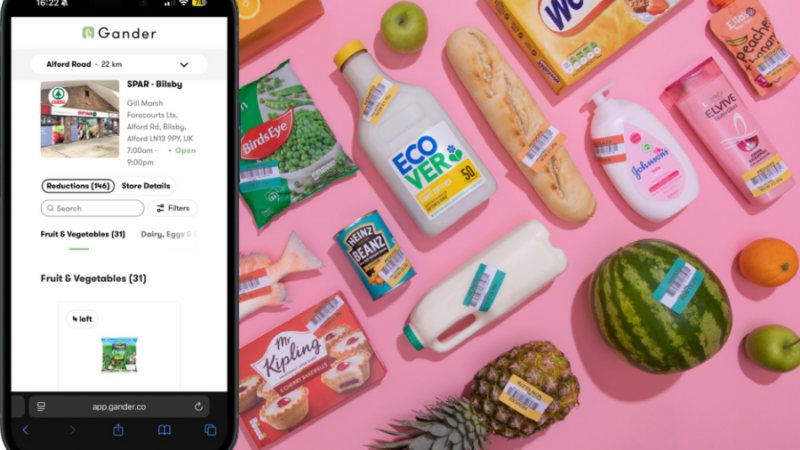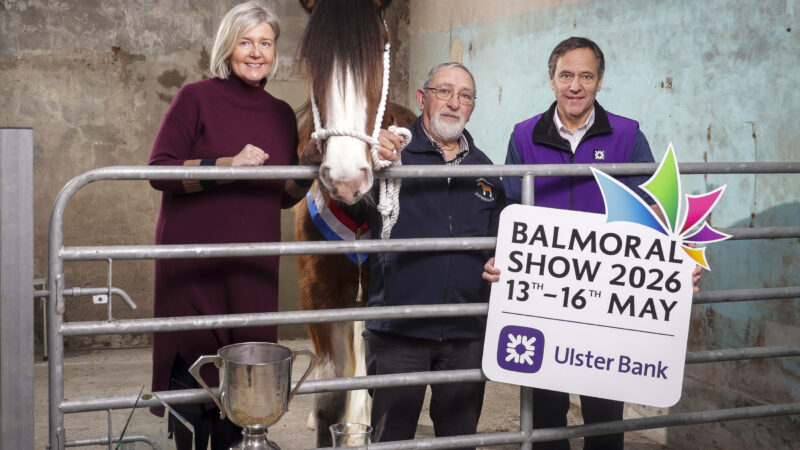Christmas deliveries cancelled as online grocer Farmdrop goes bust

Online grocer Farmdrop has gone out of business a week before Christmas, leaving hundreds of customers who had ordered festive produce struggling to find alternatives.
The company confirmed it had gone into administration and was “permanently closed”, with Friday 16th the final day of deliveries.
The London-based company was set up by former city broker Ben Pugh after he became frustrated by what he saw as a lack of decent local food available in London, and was envisioned as a way to connect farmers with consumers using the internet.
Farmdrop specialised in responsibly sourced, homegrown and organic produce from independent producers, and sold hundreds of different items, from organic pigs in blankets to recycled toilet paper.
According to trade magazine the Grocer, Farmdrop had 10,000 customers at the start of 2020, though it expanded rapidly during the pandemic, enjoying “unprecedented growth” in orders as large numbers of locked-down households switched to online deliveries.
Earlier this year it warned “the growth in orders and sales has not translated into profitability”. Its latest accounts filed in July showed the company reported pre-tax losses of £10m compared with £11m the previous year.
Anger
Nicola Simons, founder of fruit preserves and chilli jam producer Single Variety Co, said that Farmdrop still owed her £2,200 in unpaid invoices dating back to August.
“It’s absolutely shocking, we’ve sent three reminder invoices for each unpaid invoice and have had no response from their accounts teams,” she told the BBC.
“It’s made me really angry and upset as they were meant to be supporting small suppliers but they’ve caused us much more harm than good.”
She added: “They must’ve seen this coming so why did they continue to order from us, the lack of openness or transparency is appalling.”
Farmdrop began by delivering produce from local farmers to libraries, community centres and pubs, but upgraded to a fleet of electric vans so it could offer next-day deliver directly to people’s homes.
In the accounts filed in July, the firm’s auditor talked about the financial challenges facing the business and said: “These conditions indicate the existence of a material uncertainty that may cast significant doubt on the company’s ability to continue as a going concern.”
In an email to customers, Farmdrop said it had been working to secure the support and capital it needed to continue, but “it has become apparent that we have exhausted all possible options … We will no longer be able to serve our cherished customers.”
In another email, it said: “If you have paid for an order with us, we would recommend getting in touch with your bank or card supplier to initiate a chargeback as the refunds now sit with the administrators. If you have booked a delivery but have not yet been charged, you will not be charged.”
Dr Kate McLoughlin, senior lecturer in supply chain management at Manchester Metropolitan University, said she was not surprised by the closure amid wider supply chain problems.
“Even if you have the capital pouring in, establishing local supply chains takes time meaning it’s hard to respond to such fast increases in demand.”
This is a problem of the wider food system, Dr McLoughlin said, highlighting dramatic increases in transportation costs, fuel prices and driver shortages as possible contributing factors to the firm’s closure.
“While they had a huge surge in returning customers, the food system itself is really vulnerable,” she said.






